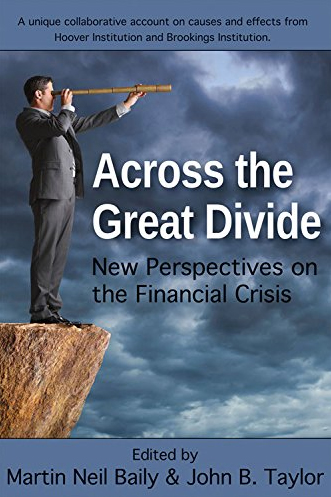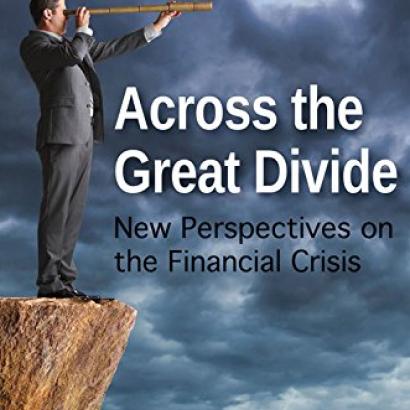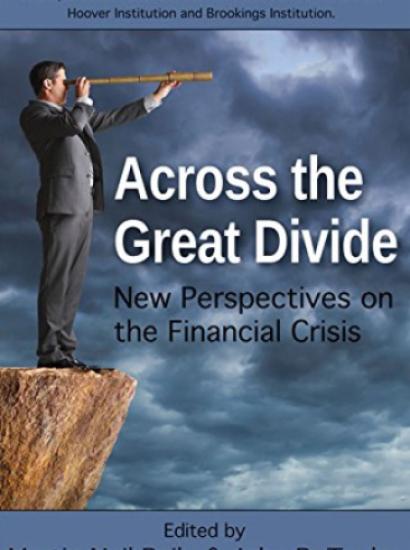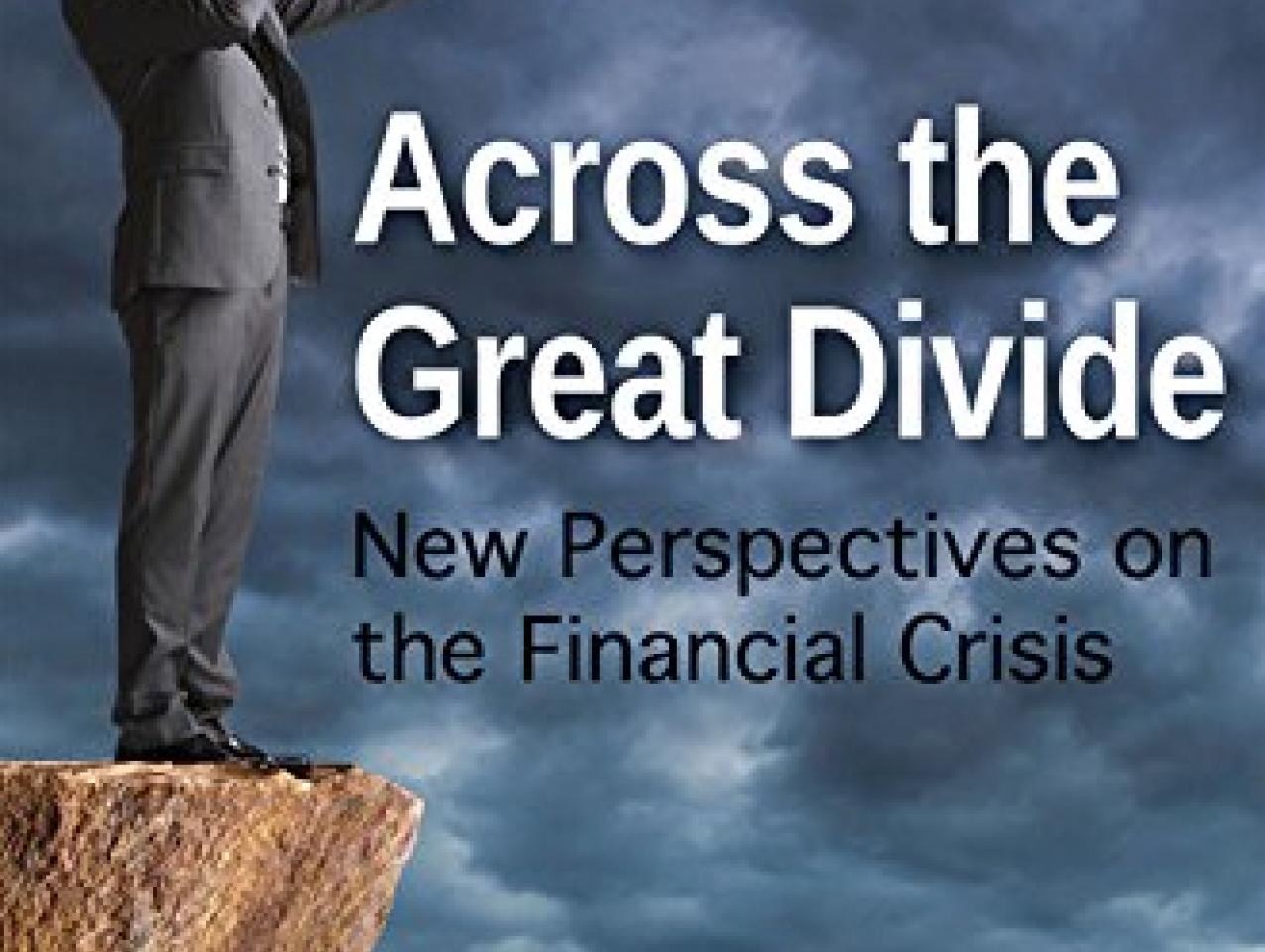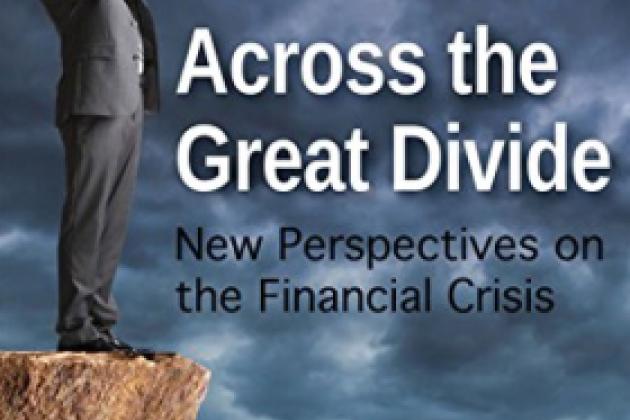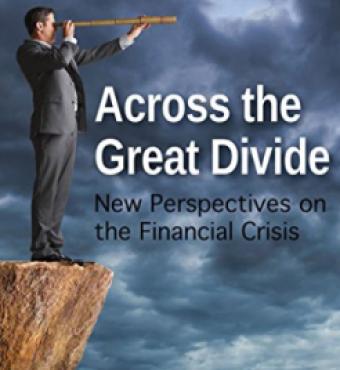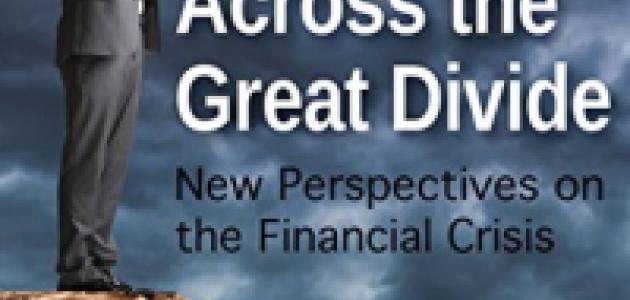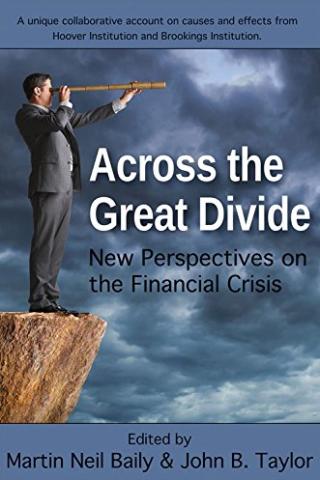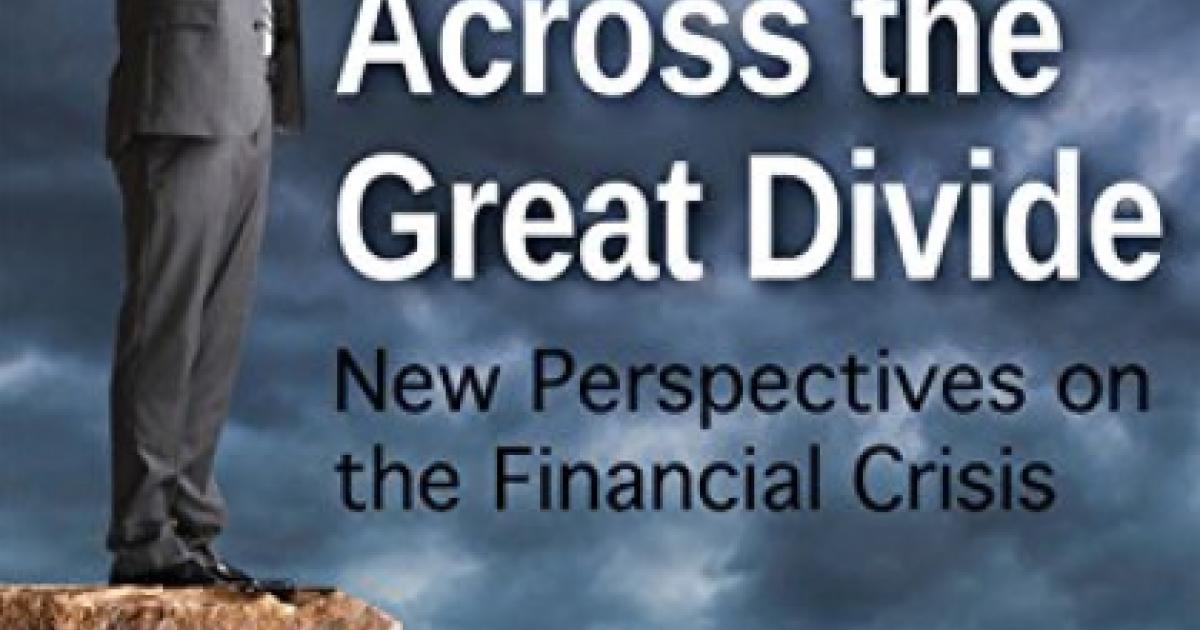- Economics
- US Labor Market
- Monetary Policy
- Law & Policy
- Regulation & Property Rights
Five Years After the Financial Crisis of 2008: Where Do We Stand?
The financial crisis of 2008 devastated the American economy and caused U.S. policymakers to rethink their approaches to major financial crises. More than five years have passed since the collapse of Lehman Brothers, but questions still persist about the best ways to avoid and respond to future financial crises. In Across the Great Divide, contributors from academia, industry, and government analyze the financial crisis of 2008: its causes, effects on the U.S. economy, and the way ahead.
The expert contributors consider post-crisis regulatory policy reforms and emerging financial and economic trends, including the roles played by highly accommodative monetary policy, securitization run amok, government-sponsored enterprises (GSEs), large asset bubbles, excessive leverage, and the Federal funds rate, among other potential causes. They discuss the role played by the Federal Reserve and examine the concept of “too big to fail.” And they review and assess resolution frameworks, considering experiences with Lehman Bros. and other firms in the crisis, Title II of the Dodd-Frank Act, and the Chapter 14 bankruptcy code proposal.







